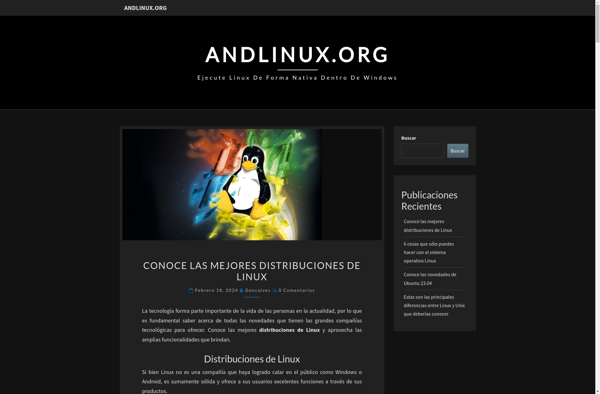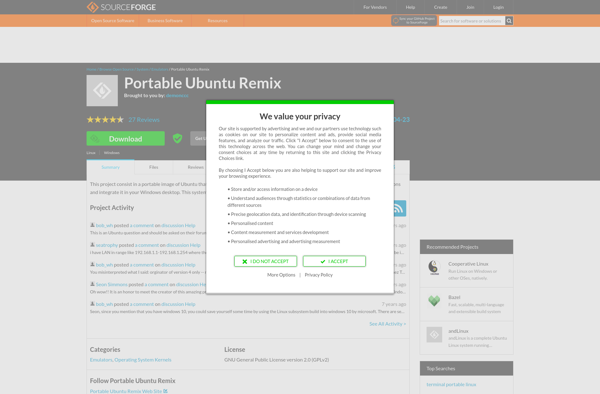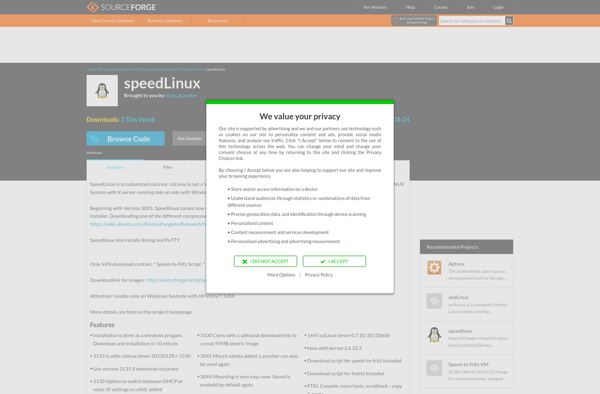Cooperative Linux

Cooperative Linux (Natively Run Linux on Windows)
Cooperative Linux (CoLinux) is an open-source project that allows Linux to run as a Windows application or service. It enables Linux binaries to run natively without emulation or translation, using a custom Linux kernel module that translates Linux system calls into Windows system calls.
What is Cooperative Linux?
Cooperative Linux (CoLinux) is an open-source project that allows Linux to run as a Windows application or service. It enables Linux binaries to run natively on Windows without emulation or translation. This is achieved by using a custom Linux kernel module that translates Linux system calls into Windows system calls.
By running Linux natively, CoLinux provides near native Linux performance on Windows. The Linux environment has full access to Windows drives and devices. From the Linux side, Windows file systems and drives can be accessed like any other Linux drive or file system.
CoLinux is made up of two main components that work together:
- A modified Linux kernel that is ported to use Windows kernel APIs instead of Linux kernel APIs
- CoLinux driver for Windows that handles communication between the Windows and Linux kernels
Some key advantages of CoLinux include:
- Does not require virtualization support on the CPU
- Provides near native Linux performance
- Linux can fully access Windows hardware and drives
- Integrates with Windows for cross-OS access and communication
- Free and open-source software
CoLinux allows Windows users to conveniently run Linux applications and tools natively within Windows. It makes it easy to have access to both operating systems without needing to set up VM-based virtualization.
Cooperative Linux Features
Features
- Allows Linux to run as a Windows application or service
- Enables Linux binaries to run natively without emulation or translation
- Uses a custom Linux kernel module to translate Linux system calls into Windows system calls
Pricing
- Open Source
Pros
Cons
Official Links
Reviews & Ratings
Login to ReviewThe Best Cooperative Linux Alternatives
Top Os & Utilities and Linux Distributions and other similar apps like Cooperative Linux
Here are some alternatives to Cooperative Linux:
Suggest an alternative ❐AndLinux

Portable Ubuntu Remix

SpeedLinux
